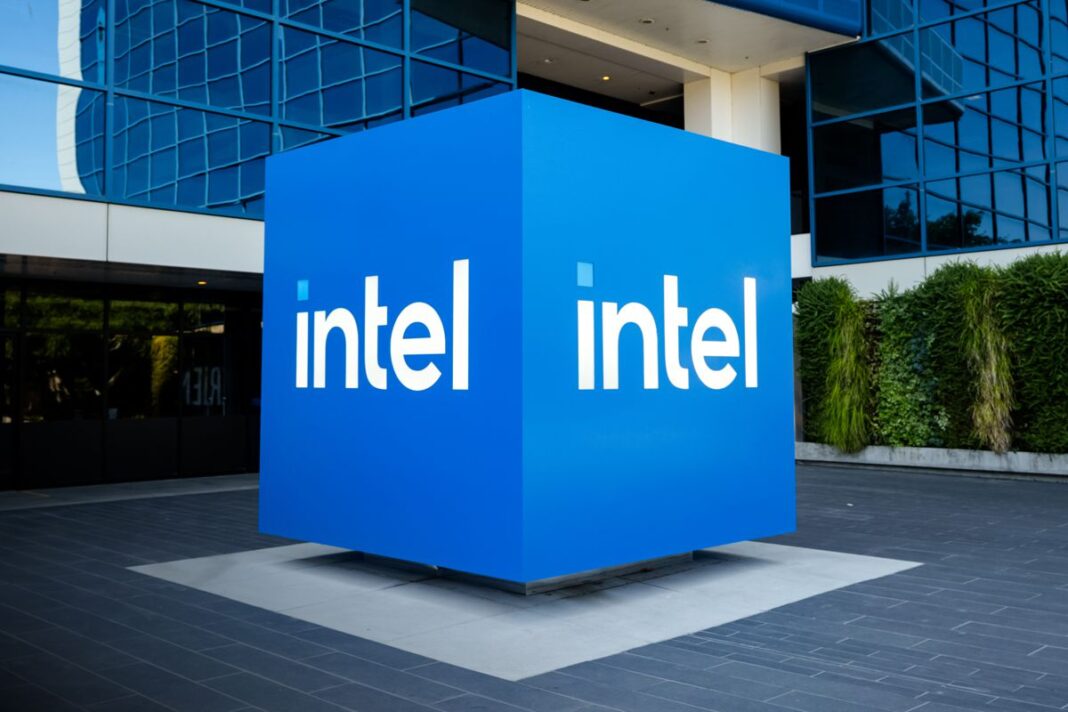A newly launched Grassland Resilience and Conservation Initiative will oversee investments.
Health Secretary Robert F. Kennedy Jr. announced on Sept. 17 that McDonald’s and other partners will invest more than $200 million over the next seven years into sustainable, regenerative agriculture practices.
Regenerative practices—including, among other things, rotational grazing where livestock are moved periodically to allow grass and soil health to recover and beneficial microorganisms and fungi to flourish—are long championed by farmers and are a component of Kennedy’s Make America Healthy (MAHA) Again agenda.
“Thank you, McDonald’s,” he posted on X.
“This is a big win for regenerative grazing practices, habitat restoration, water, and wildlife conservation.”
A newly launched Grassland Resilience and Conservation Initiative, in partnership with the National Fish and Wildlife Foundation—a nonprofit based in Washington, that has funded more than 23,000 environmental projects nationwide—and the Department of Agriculture’s Natural Resources Conservation Service, will oversee the investments.
Some McDonald’s suppliers—including Golden State Foods, The Coca-Cola Company, and Cargill, among others—are also contributing money to the initiative.
The wildlife foundation is responsible for awarding grants—after a competitive application process—to organizations that will help recipients adopt and implement new practices.
McDonald’s relies on U.S. cattle ranches—spread across 38 states and 4 million acres—to supply beef to its approximately 13,500 stores nationwide, according to a statement from the company.
Ranches selected for the program will have access to resources that help conserve water, promote soil health, upgrade fencing, and enhance wildlife habitats, among other things.
Monetary incentives are meant to boost supply chain resilience and improve the environment, according to the company.
After identifying impactful projects to invest in, the first round of awards is expected in January 2026.
“As a brand that serves more than 90% of Americans every year, we recognize the responsibility we have to help safeguard our food systems for long-term vitality,” Cesar Piña, McDonald’s’ senior vice president and chief supply chain officer for North America, said in the statement.
“Through our support of this initiative, McDonald’s USA is demonstrating the power of partnership between the public and private sectors and that feeding the population and stewarding our natural resources can coexist.”







